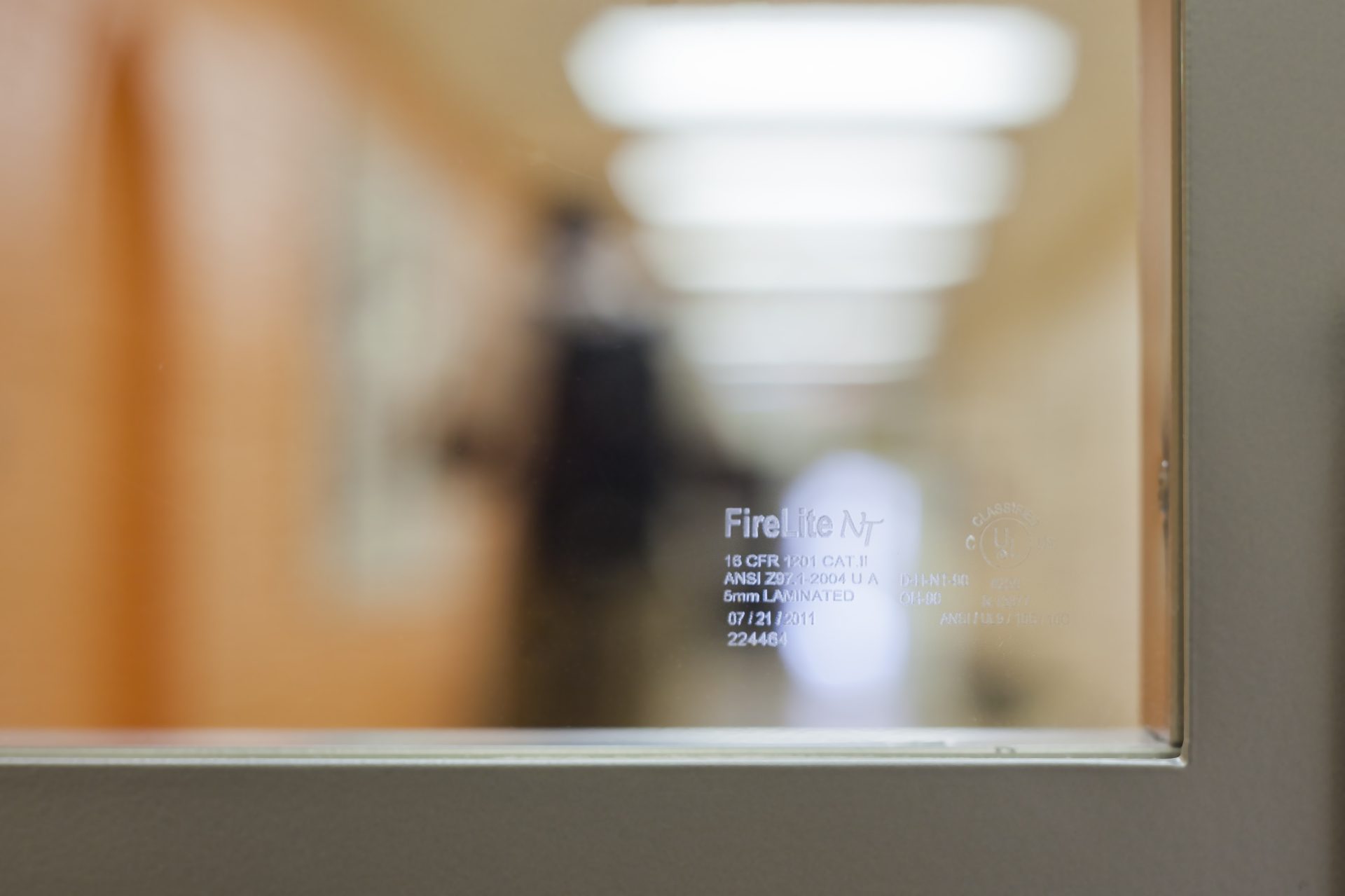The UK glass industry, contributing £2.4 billion to the national economy and supporting more than 6,000 direct and 100,000 indirect jobs, is approaching a decisive moment. Each year, the sector produces around 3 million tonnes of glass, including 2.2 million tonnes for container applications and 0.8 million tonnes for flat glass and wool. Despite this strong industrial presence, the sector is now under intense pressure from three converging forces: the push towards net zero, evolving packaging policies, and growing competition from low-cost imports.
Speaking at an event organised by the UK Glass & Glazing Collective, British Glass President Mr. Butler warned that the UK risks losing its manufacturing capability if these challenges are not addressed. He emphasised that glass remains the only truly chemically inert packaging material, making it essential for a safe and circular food and beverage system. Yet UK producers are being undercut by imports from markets where energy is cheaper and government subsidies are more readily available.
Mr. Butler highlighted Ardagh’s next-generation electric hybrid furnace, achieving a 64% reduction in carbon emissions, as a clear example of the innovation the sector is capable of. However, the decision to locate this furnace in Germany, rather than the UK, demonstrates how stronger funding, established infrastructure, and more stable market conditions abroad continue to draw investment away.
He called for a national industrial decarbonisation strategy that includes glass, with support matching EU funding levels, access to affordable low-carbon energy, and critical grid upgrades. Additionally, he stressed the need to reform the PRN system to keep recycled cullet in the UK, and to fix flaws in the PePR scheme, which currently incentivises a shift towards less sustainable materials.
Mr. Butler concluded that with fair trade policies, aligned recycling regulations, and firm government backing, the UK glass sector can remain competitive, accelerate decarbonisation, and continue contributing significantly to national economic growth.
Source: British Glass with additional information added by Glass Balkan







